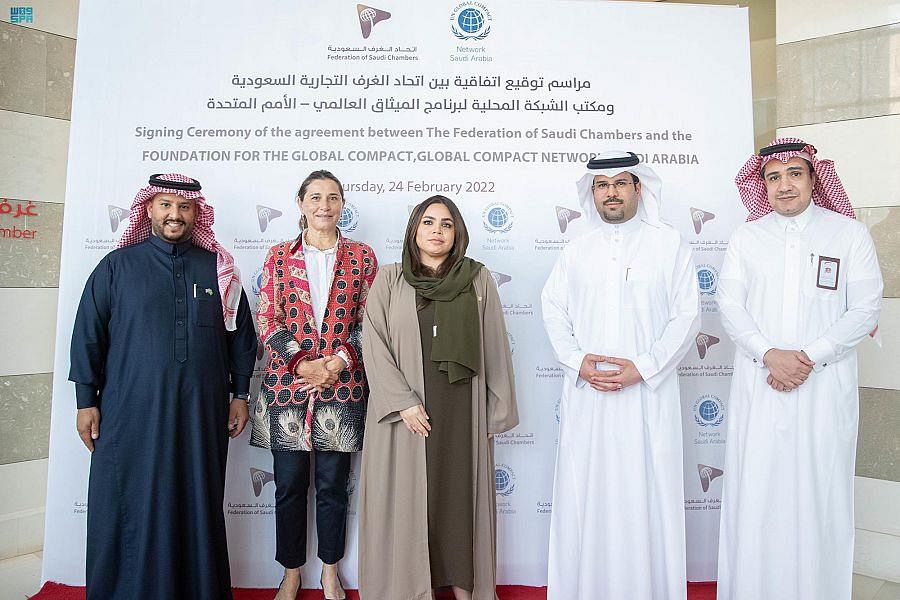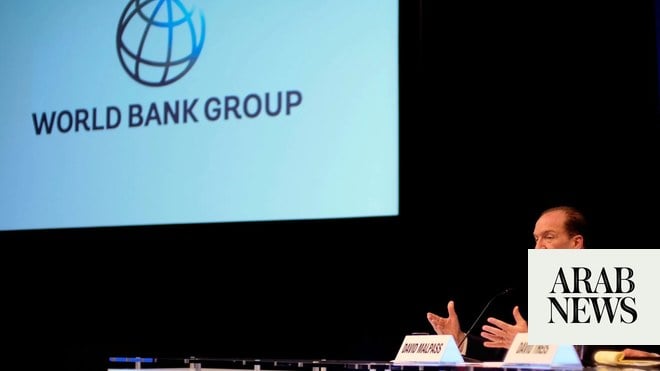
Undersecretary-General for Counter-Terrorism Vladimir Voronkov has warned that despite suffering “significant” losses, the membership of ISIS is estimated at more than 20,000 in Iraq and Syria.
He said ISIS has morphed from a regional group into a covert global network, with a weakened yet enduring core in the two countries.
Voronkov spoke at the Security Council on Thursday while presenting the UN Secretary-General’s report on the threat posed by ISIS to international peace and security and the range of United Nations efforts in support of member states in countering the threat.
He said that the so-called ISIS “caliphate” has been in headlong retreat in Syria since its defeat at the end of 2017. Its membership, estimated at more than 20,000 in those countries, is split evenly between Iraq and Syria, with some fighters fully engaged militarily and others concealed in “sympathetic communities” and urban areas.
The group’s leadership has also decentralized to mitigate further losses, and is thus likely to survive in the two countries in the medium term, due to the ongoing conflict and complex stabilization challenges, Voronkov told the Council.
There were significant numbers of ISIS-affiliated fighters in Afghanistan, South-East Asia, West Africa, Libya, and to a lesser extent in Sinai, Yemen, Somalia and the Sahel, he said.
“The international community must renew their efforts to effectively counter the rapidly evolving and transnational threat from ISIS,” he stressed.
Also briefing the Council, Assistant Secretary-General Michele Coninsx, who heads the Executive Directorate of the Councils Counter-Terrorism Committee, said the UN is supporting member states with the most up-to-date technologies to secure their borders, providing guidance for the effective use of these technologies in full compliance with international human rights law.
“We also continue to forge new and innovative partnerships with the private sector, including in particular in the area of information and communications technologies,” she said, stressing that such engagement is essential, for example, with respect to gathering digital evidence in terrorism cases.
Joana Cook, Senior Research Fellow at the International Centre for the Study of Radicalization and Political Violence, King’s College, London, briefed Council members on a report she recently co-authored with Gina Vale.
She said that her research findings demonstrated — for the first time and with evidence — that some 41,490 foreign citizens across 80 countries became affiliated with ISIS. One in four ISIS fighters are women and minors, she told the Council.
Britains new Foreign Secretary Jeremy Hunt, who chaired the meeting, said: “ISIS has not been vanquished and the root causes of its emergence have yet to be resolved.”
Advocating a renewed focus on the root causes of ISIS’ emergence, he said that means doing more to support peace and reconciliation in Iraq and a political solution in Syria.
As for US Ambassador Nikki Haley, she described the terrorist group as "an enemy that adapts, and one that will seek out the worlds ungoverned spaces."
The United States is working with its partners to help victims rebuild in Iraq and Syria, while restoring electricity and other services and thereby allowing 150,000 Syrians to return to Raqqa, the diplomat said.
She pledged that Washington will deepen its partnerships with countries fighting terrorism.











